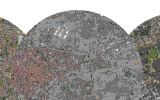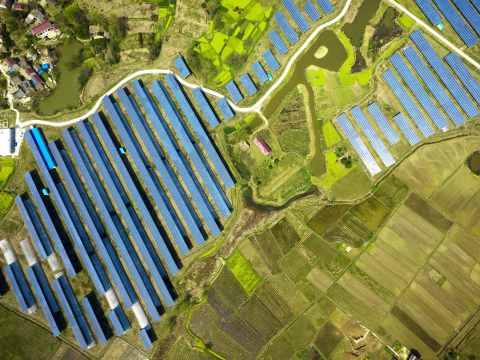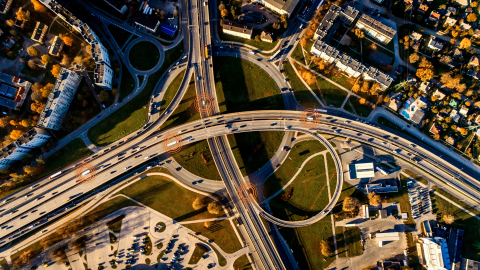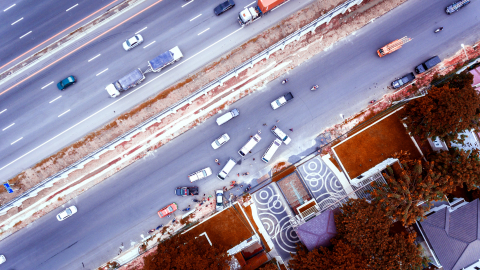On this page
SPACE SOLUTIONS FOR SUSTAINABLE, CONNECTED, LIVEABLE CITIES

Sign up for our Smart Cities Bulletin
Smart Cities prioritise environmental impact reduction and the green economy to create and maintain healthier, more sustainable places to live and work. Almost three quarters of European citizens now live in cities and this figure is expected to reach 80% by 2050.
Watch our video
| Read the Smart and Green Cities Dossier | 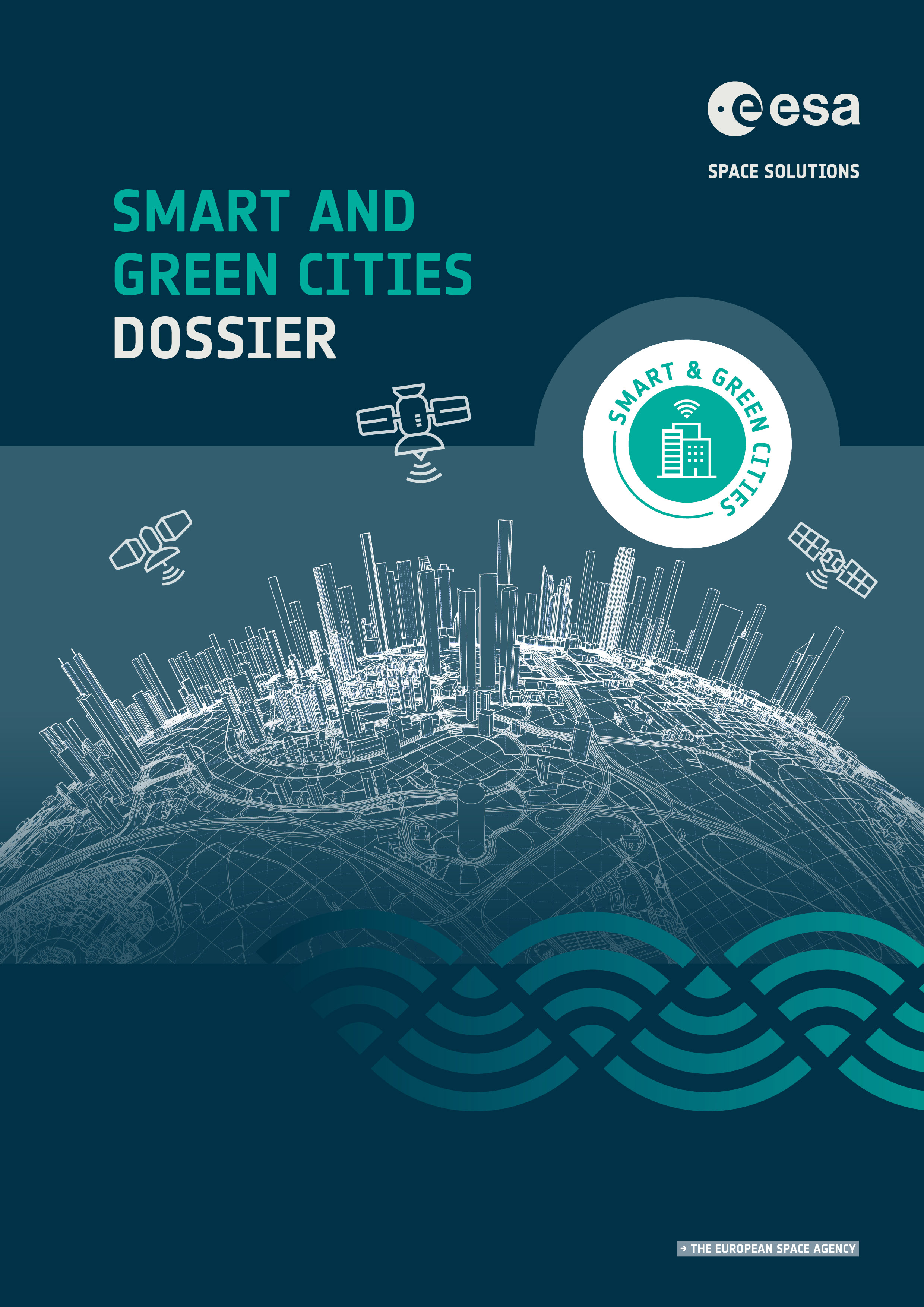 |
Focus Areas
The Task Force has identified four key focus areas:
 |
 |
 |
 |
Urban DevelopmentSmart Cities prioritise environmental impact reduction and the green economy to create and maintain healthier, more sustainable places to live and work. |
Sustainable MobilitySmart Cities engage technologies to reduce emissions in the transport sector and improve infrastructure to support a green transition. |
EnergySmart Cities are focused on a secure and sustainable supply of clean energy, as the risks of climate change and the need to reduce our carbon footprint grow ever more real. |
Wellbeing and inclusivenessSmart Cities create positive impacts which are environmental, societal, and economic, improving the quality of life for all citizens.
|
How can space help our cities?
 |
Satellite Communications (Satcom)Satcom is essential to ensure communications whenever the terrestrial communications are absent or not reliable and to support digital solutions. Satellite IoT (including 5G based) to connect sensors for on field monitoring and connected vehicles.
|
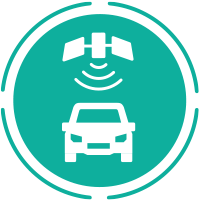 |
Global Navigation Satellite System (GNSS)GNSS enables ubiquitous high accuracy PNT technologies to support accurate and seamless positioning provided by GNSS, 5G and other complementary terrestrial and on-board systems.
|
 |
Satellite Earth Observation (SatEO)SatEO for mapping and monitoring environmental conditions such as urban sprawl, boundary/feature delineation and change detection, air quality measurements, heat signatures and fire detection. It can also support the development of Digital elevation/surface models and topography measurements
|
Socio-economic Impact
Space technologies already play a big role in our daily lives. From the school run to the doctor’s surgery, the supermarket to the office, even the air that you breathe – the chances are that space technology is having a positive impact. ESA has supported many projects in recent years and helped to transform life in our towns and cities.

Smart and Green City Initiatives
ESA continues to support innovative projects in the smart and green cities arena, providing technical assistance and funding. Below are details of related funding opportunities, with more planned for the future. Market demand from smart cities for green solutions, new regulations, space opportunities awareness and cross-sector collaboration will support future growth in green and sustainable investment.
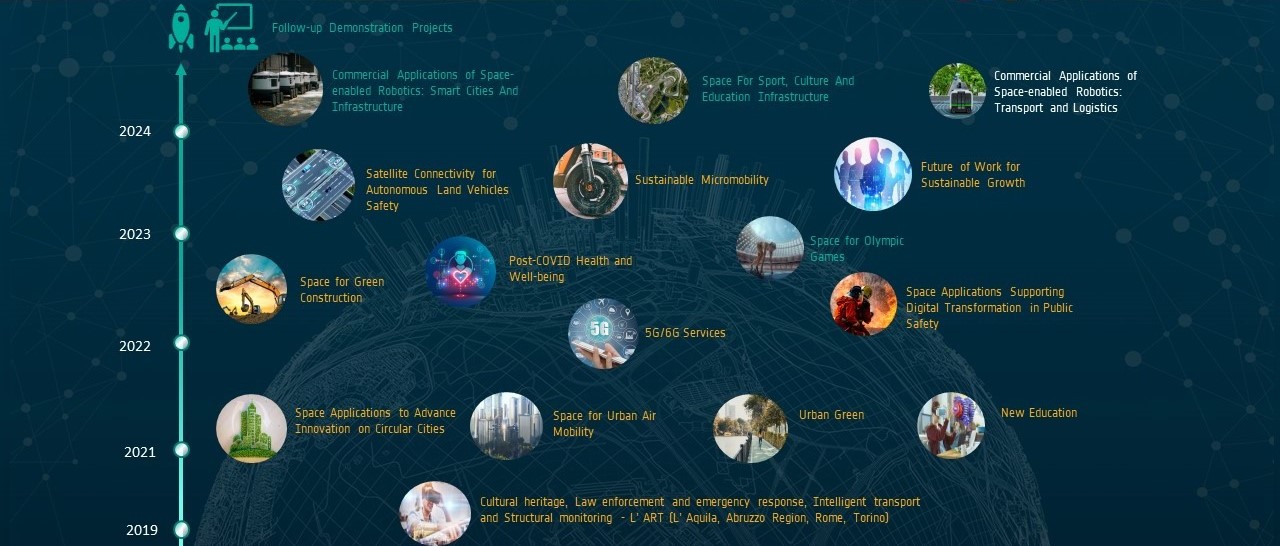
Work with us
We work closely with a wide range of stakeholders across multiple sectors to deliver innovative solutions to the challenges facing our cities today. Find out how you can get involved below:
Cities and Municipal Authorities |
|
Service Providers |
 |
 |
|
|
We would like to speak to city authorities across Europe and beyond to help identify and resolve their collective and individual challenges |
Find out more about grants and funding opportunities available through the ESA BASS programme. |
|
|
Email us on business@esa.int with your challenges or to book an online presentation. Sign up for the Smart Cities Bulletin
|
Our funding pages have details of all the latest grants and funding opportunities available for startups and SMEs interested in developing products and services to support Smart and Green Cities. |
Task Force For Smart and Green Cities
ESA officially launched its Task Force for Smart and Green Cities in September 2023. Its main focus is to leverage the use of space applications for advancing sustainable innovative services which address the smart cities ecosystem and support the growth of a sustainable green economy.
Find out more about the Task Force for Smart and Green Cities





